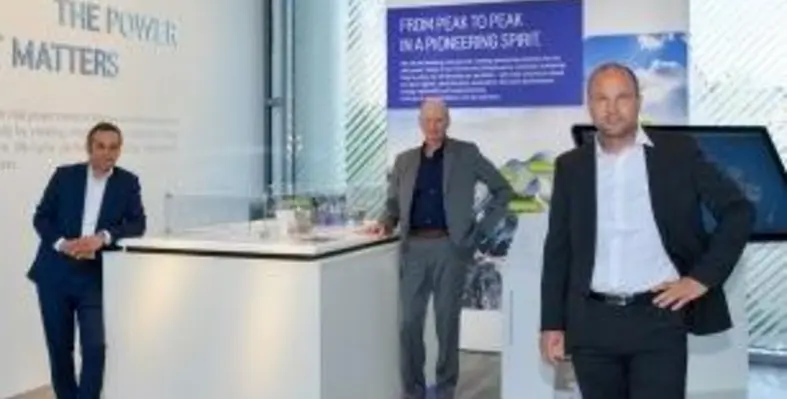Rolls-Royce has set up an organisational unit Power Lab to focus on the development of cutting-edge technologies for the marine and infrastructure sectors
The aim is to emphasise fuel cell systems and the production and deployment of synthetic fuels.
Andreas Schell, CEO of Rolls-Royce Power Systems, said, “The Power Lab is an important milestone on the path we're taking.”
Rolls-Royce's new organisational unit is headed by Dr Peter Riegger. He sees a willingness to embrace new technologies as the path to success. “Our research engineers now have more technological freedom to develop new ideas and refine them in cooperation with customers and partners.” In this respect, long-term partnerships nurturing the development of technologies and capabilities will play a crucial role in enabling new markets to be captured.
Production and use of renewables-based fuels
One of the new technologies on the Power Lab's agenda involves producing and deploying fuels based on renewable energies (Power-to-X).
“Synthetic fuels can support the net zero carbon operation of both today's existing drive and energy systems and those of the future, in addition to enabling the storage of renewables-based energies,” explained Dr Arne Schneemann, responsible for pre-development in the Power Lab team.
Dr Daniel Chatterjee, who oversees technology management and regulatory affairs in the Power Lab and drives the company's green and high-tech programme, stated that the company is emphasising improved efficiencies, alternative fuels, electrification, digitalisation and integrated system solutions with the aim of continually enhancing the eco-friendliness of our drive and energy systems and bringing them closer to their CO2 neutrality.
“In terms of overall efficiency, the fuel cell is the undisputed front-runner and on top of that generates ultra-low to zero emissions,” said Dr Philippe Gorse, whose team is responsible for conceptual work on the fuel cell in the Power Lab. “That makes it a highly attractive option for contributing to the decarbonisation of drive systems and power generation.”












